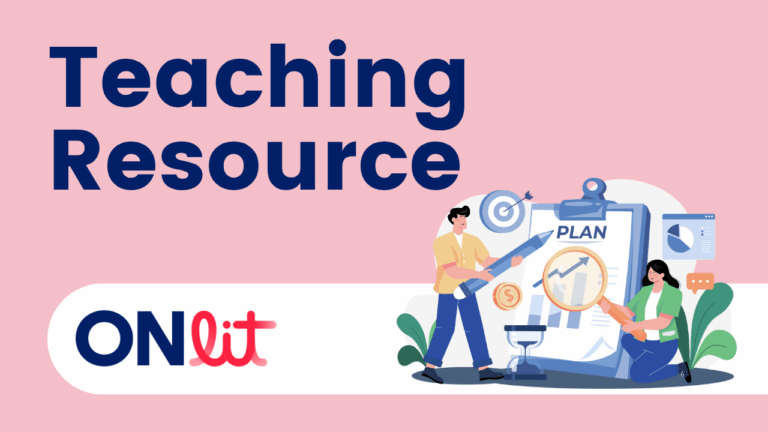Embedded Mnemonics – Video Files
Embedded picture mnemonics are a research-based way to teach children about letters and the sounds they represent. They are letter cards with a picture of a key word embedded directly in a letter, such as the letter z made out of a zipper, or the letter r made out of a road. Research indicates that…






